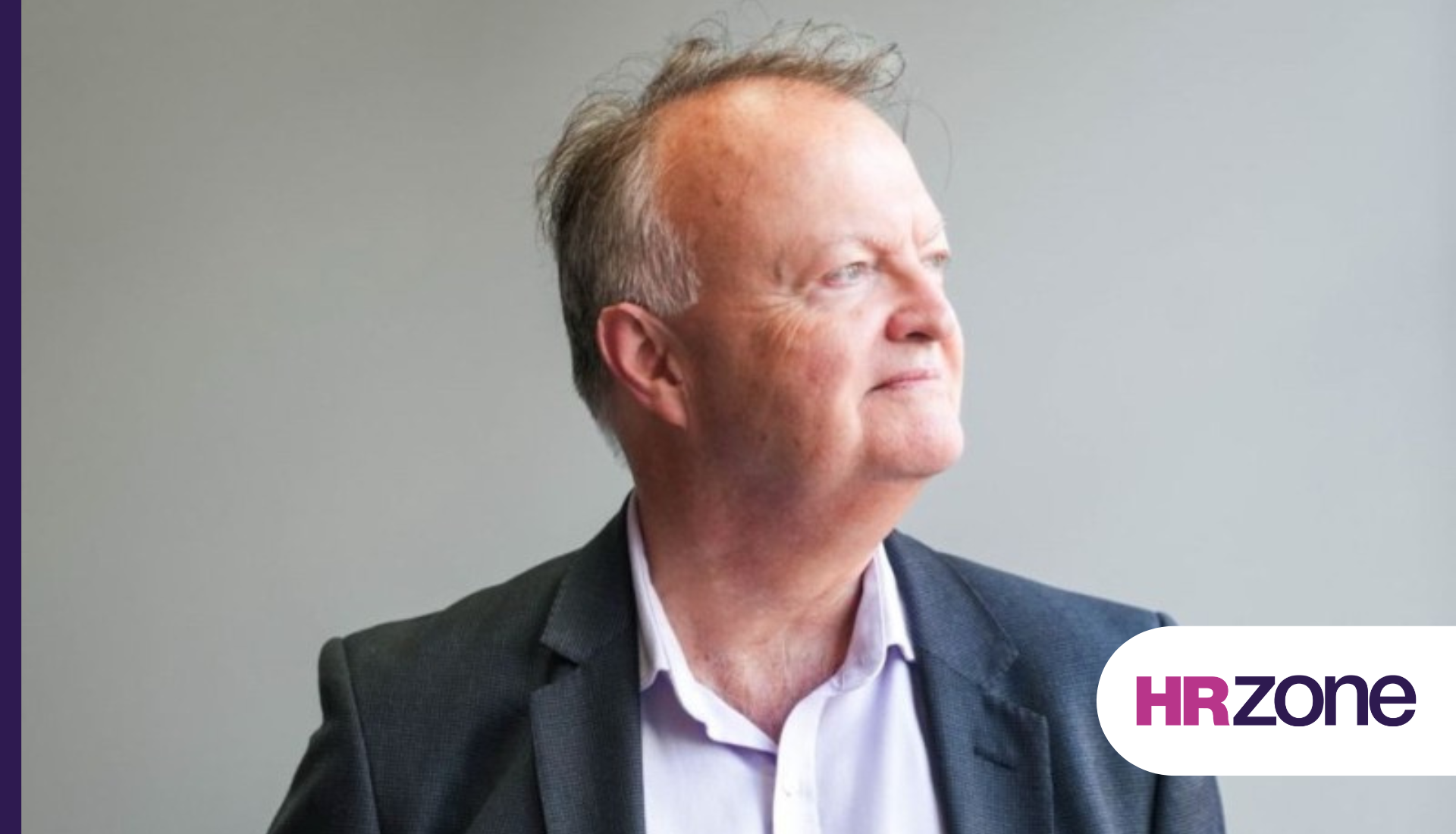HR has been ranked 13th out of 20 professions in the fifth annual City & Guilds Happiness Index.
According to the index, money is no longer the primary motivator. Instead, having an interest in what you do for a living is the number one factor for ensuring on-the-job contentment. Happiness levels remain constant regardless of salary.
The results show that 57% of us have remained with our present employer as a result of a strong interest in what we do for a living, whilst 56% stay because of good relationships with colleagues. In contrast, just 44% of us stay in a job because of the salary.
These factors have led beauty therapists to push hairdressers off the top spot in this year’s index, with one in three registering a happiness level of 10 out of 10. Accordingly, the UK’s happiest worker is female, a beauty therapist, over 60 years-old, and from the north east.
At the other end of the scale, builders, bankers, nurses and IT specialists were the least happy with their working lives. HR ties in 13th place with mechanics/automotive workers and journalists.
In worrying news for bosses, the survey shows that reward packages are out of touch. While 43% of managers offer bonuses, only one in five are adopting flexible working practices, despite work-life balance being a demonstrated, major driver of happiness at work. Only one in 10 managers allows their employees to work from home.
Professor Cary Cooper, professor of organisational psychology and health at Lancaster University, worked with City & Guilds to analyse the findings of the Happiness Index.
He said: “The City & Guilds Happiness Index provides a call to action for the business community to rethink its reward and recognition strategies and consider employees’ needs on an individual basis. It marks the end of an era for organisation-wide HR policies. From now on a flexible approach is needed if businesses are to create a happy, and by association productive, workforce.”
Jessica Pryce-Jones, founder of iOpener, an organisation that works with employers to increase happiness at work, said: “To be happy, you have to feel you are doing something worthwhile and that what you do has meaning. There is more absence in the public sector because people can’t see meaning in such big organisations and don’t feel they have control. We have shown that people who are happy at work stay longer and are off less often. It’s wrong to think that being paid to do a job is enough these days for people to come to work.”





